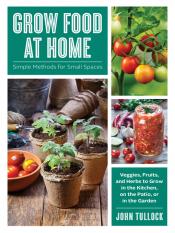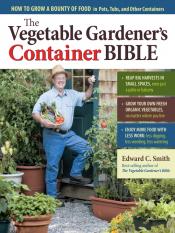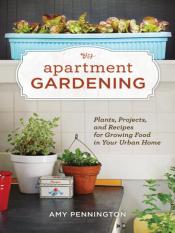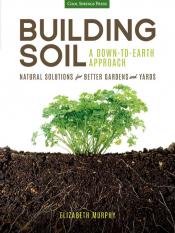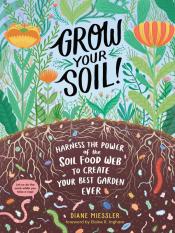Gardening, though there is a science to it, still lives in the realm of magic and mystery. There are so many variables to succeeding, which is why gardening can be challenging. If you are new to gardening, then luck should be on your side, especially if the site you have picked to pitch your fork is also new to the sport. Beginners luck and fresh soil are a great mix.
Location location location. In the winter the sun hangs low in the southern horizon, casting long shadows from buildings and trees. There are online tools like https://www.suncalc.org that will help you plot the sun's path in your location. Plants do best with 6-8 hours of sun with the morning sun being most favorable. Once you have plotted out your east and west, you also want to make sure you can reach your plants with a hose. The easiest way to begin is planting in containers, that way you can easily move your garden the first year while you select the perfect fall/winter garden site.
Soils. Generally speaking, we have sand in Alachua County which does not retain moisture or offer much in the way of nutrients. I have worked in decomposed wood, leaves, and manure to build a rich loamy earth. If you are beginning with containers, you can select a bagged potting soil. If you are committed to building your own soil, start collecting leaves, logs and manures to work into your garden bed.
Selecting seeds. The best advice is to grow what you eat. In September, you will be planting crops you will harvest in November and through the winter. Beets, carrots, kale, lettuce, peas, radishes, spinach, cabbage, cauliflower, broccoli are among the cold hardy plants you can start in September and through the winter; they are cold tolerant and can handle a freeze with minimal help.
Starting seeds. Some seeds are best started in the ground like beets, carrots, kale, lettuce, peas, radishes, and spinach. These are also some of the easiest to grow. Others, like cabbage, cauliflower, brussels sprouts and broccoli do better nursed carefully along or purchased as small plants from a seasoned grower and are actually frequently started in August/September for fall planting. You can get free seeds at your local library.
For specifics on what each seed/ plant need, refer to the following books and websites. When selecting books, it helps to find publications that address our regional needs. There is not one single book or website that can meet all your informational needs. The Gardening Solutions website maintained by the University of Florida is among the best online sources for our area. You will need to read many books, blogs and websites to get a thorough understanding.
Here is a list of gardening books from our website.
Here are some more gardening ebooks.
Start with a dozen books to be read late into the night, keep a journal, join the Grow Gainesville Facebook group and Dig IN!
